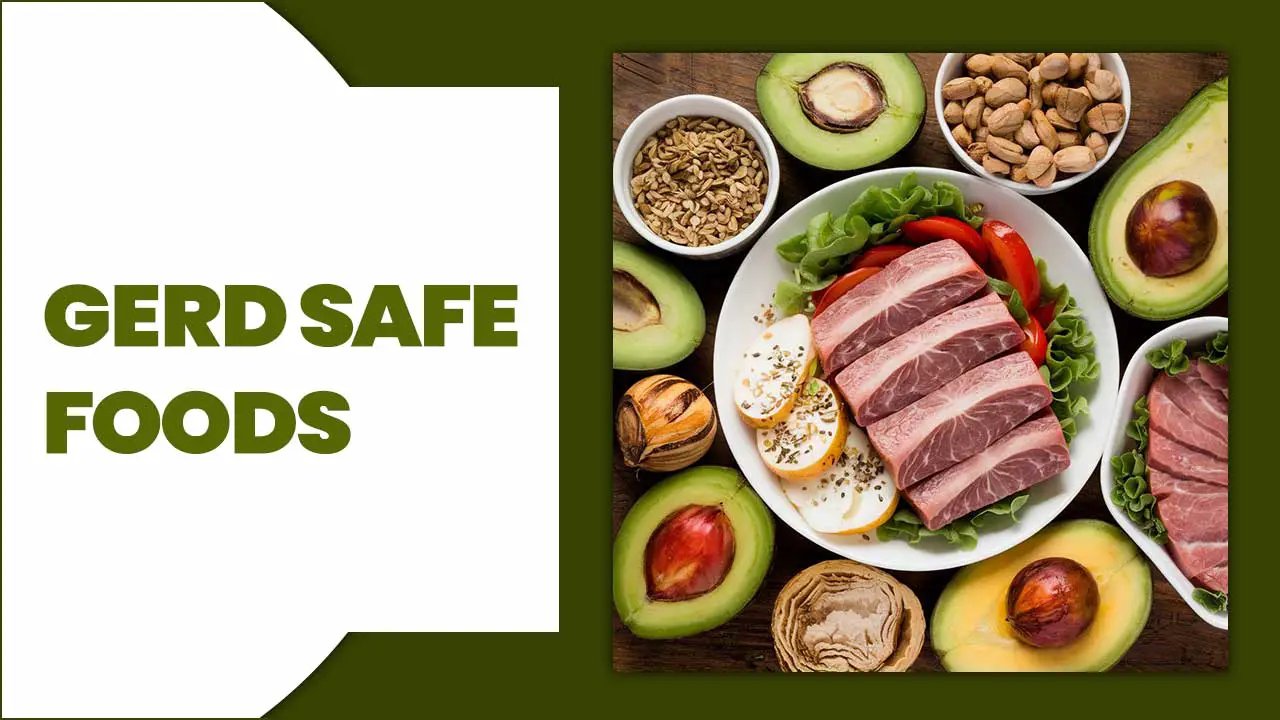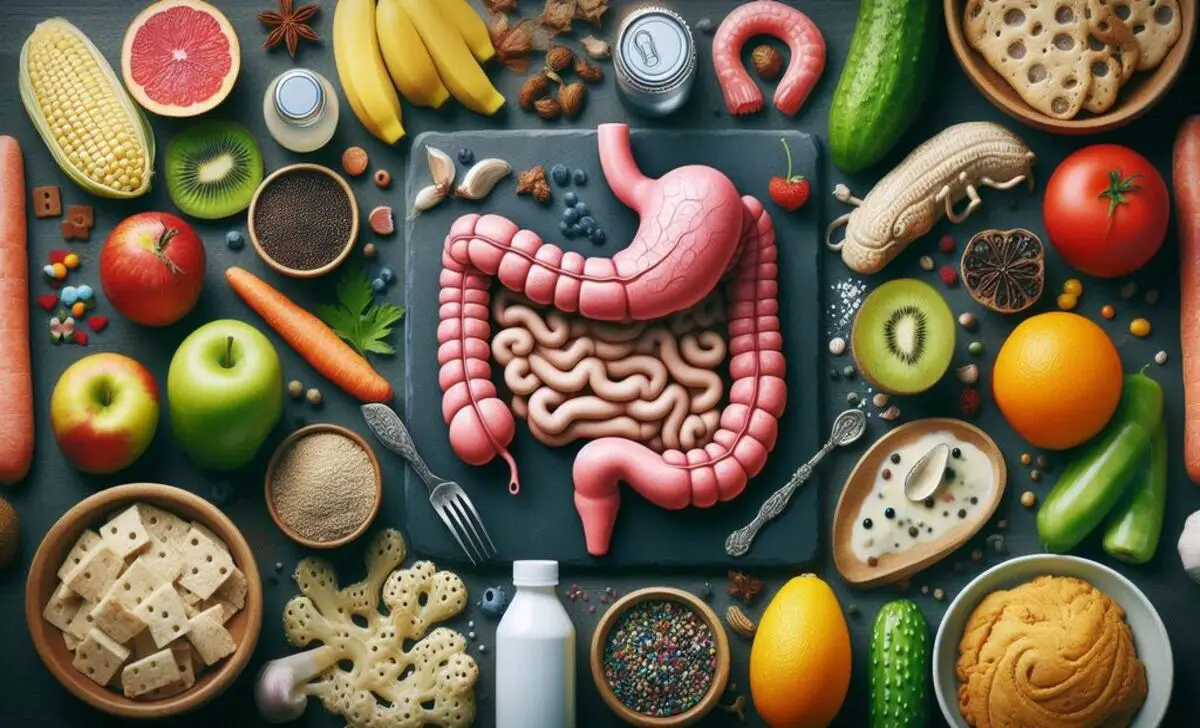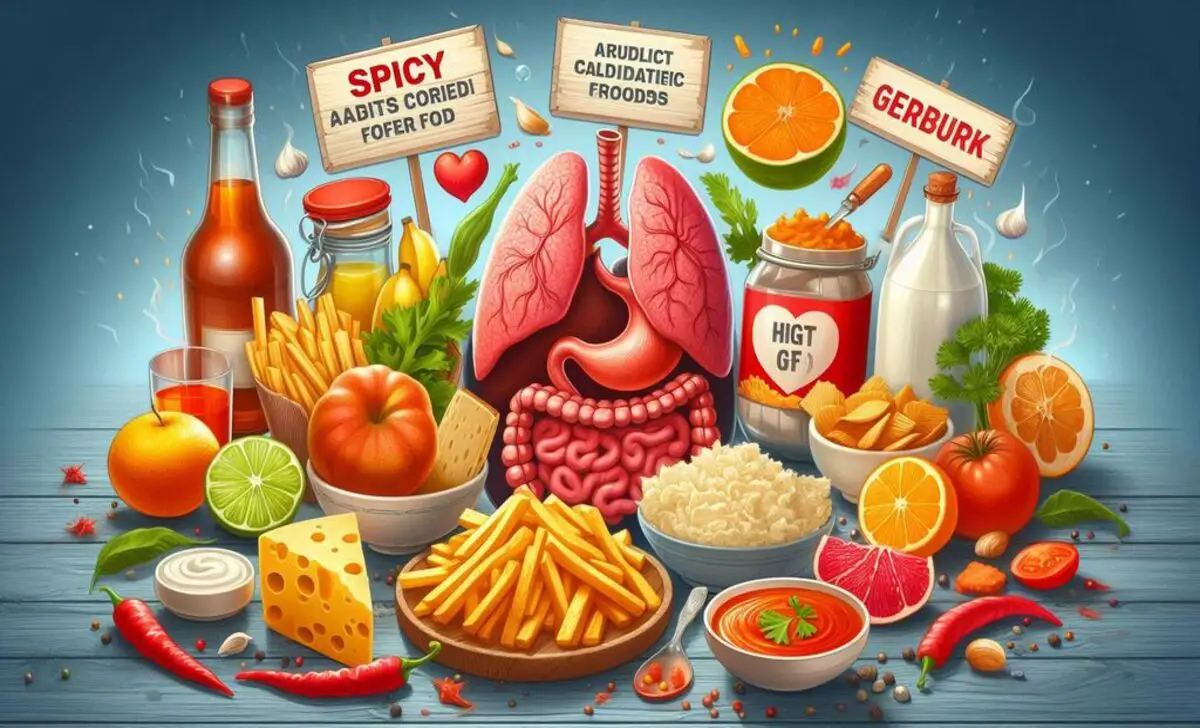Gastroesophageal reflux disease (GERD) is a chronic condition characterized by acid reflux, where stomach acid flows back into the esophagus, leading to uncomfortable symptoms. Managing GERD involves understanding your diet and identifying which foods can trigger or alleviate symptoms. This article explores Gerd-safe foods and provides guidance on creating an effective GERD diet.

Gerd Safe Foods Identifying Trigger Foods

Certain foods are notorious for triggering GERD symptoms. Spicy food, citrus fruits, tomato sauce, and processed foods can lead to increased gastric acid levels. Additionally, high-fat foods like fried food, fatty meat, and ice cream are known to worsen symptoms by slowing down digestion and relaxing the lower esophageal sphincter. Carbonated beverages and caffeinated drinks may also contribute to reflux by increasing stomach pressure.
Safe Foods For Managing GERD
When creating an acid reflux diet, focus on incorporating safe foods that minimize symptoms. Here are some categories of Gerd-safe foods:
- Non-Citrus Fruits: Opt for fruits like bananas, apples, and pears, which are less likely to cause reflux compared to citrus fruits like oranges or grapefruits.
- Vegetables: Most vegetables are excellent choices. Watery foods like cucumbers and lettuce help dilute stomach acid. Steamed or roasted vegetables are generally more soothing than fried options.
- Lean Protein: Incorporate lean meats like chicken, turkey, and fish. These are low in fat and help maintain a healthy digestive process. Lean protein options like tofu and legumes can also be beneficial.
- Alkaline Foods: Foods with alkaline properties can neutralize stomach acid. Brown rice, whole grains, and most vegetables fall into this category.
- Healthy Fats: Choose healthy fats, such as olive oil and avocados, in moderation. These can aid in digestion without increasing acid production.
- Herbal Tea: Non-caffeinated herbal teas, like chamomile or ginger tea, can soothe the digestive system and may help in managing symptoms.
- Smaller Meals: Eating smaller, more frequent meals can prevent the stomach from becoming too full, thereby reducing pressure on the lower esophageal sphincter and minimizing acid reflux occurrences.
Foods To Limit Or Avoid

To maintain digestive health, it’s essential to limit or avoid certain foods:
- Spicy Food: Often exacerbates GERD symptoms.
- Acidic Foods: Such as citrus fruits and tomatoes can lead to heartburn.
- Processed Foods: Usually high in saturated fat and additives, they may worsen symptoms.
- Fried Foods: High-fat content can increase stomach acid production and lead to discomfort.
- High Fat Food: Foods like cheese, fatty cuts of meat, and cream should be minimized.
Lifestyle Changes For Better Management
Alongside dietary adjustments, certain lifestyle changes can improve GERD symptoms:
- Maintain a healthy weight: Excess weight can pressure the stomach and exacerbate reflux.
- Avoid lying down after eating: Give your body time to digest food properly.
- Elevate the head of your bed: This can help prevent nighttime reflux.
- Monitor eating habits: Keeping a food diary can help identify specific trigger foods.
Conclusion
Managing GERD effectively requires a careful approach to diet and lifestyle. By incorporating Gerd-safe foods and avoiding known trigger foods, you can significantly reduce symptoms and improve your quality of life. Always consult with a healthcare professional for personalized advice, especially if you are experiencing severe symptoms.
FAQs
1.What Are The Common Triggers For GERD Symptoms?
Common triggers include spicy foods, citrus fruits, tomatoes, fatty foods, and carbonated beverages.
2.Can I Eat Fruits With GERD?
Yes, non-citrus fruits like bananas, apples, and pears are generally safe and can be beneficial.
3.Is It Okay To Have Spicy Food If I Have GERD?
It’s best to avoid spicy foods, as they can irritate the esophagus and exacerbate symptoms.
4.How Can I Manage GERD Symptoms At Night?
Avoid eating large meals before bedtime, and consider elevating the head of your bed.
5.Are There Any Drinks I Should Avoid With GERD?
Yes, avoid caffeinated beverages, carbonated drinks, and alcohol, as they can increase acid production.